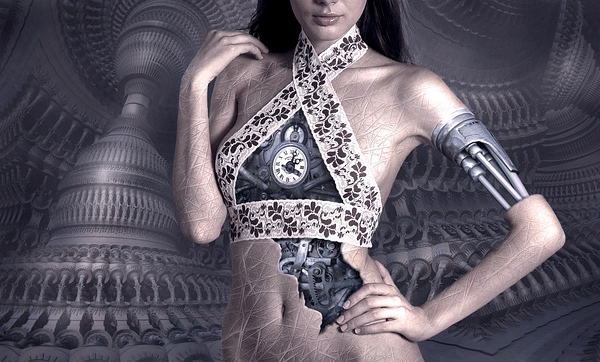“Write an article on ‘What is payment gateway?’” I recently typed into a ChatGPT window. ChatGPT, an artificial intelligence-powered writing generator, quickly obliged.
The result was impressive. Sure, the tone was inhuman and the structure as sophisticated as a college essay, but the key points, the grammar and the syntax were all spot on. After a bit of a punch-up, it was perfectly passable as a sponsored content article designed to drum up business leads for a software provider – an article like the one that I, a professional copywriter, had just spent hours writing.
My amusement quickly turned to horror: it had taken ChatGPT roughly 30 seconds to create, for free, an article that I charged £500 for. The artificial intelligence software is by no means perfect – yet. For businesses that rely on churning out reams of fresh copy, however, it’s a no-brainer, isn’t it?
For those unfamiliar with ChatGPT, let me explain. Developed by OpenAI, ChatGPT is an artificial intelligence-based chatbot that’s been trained to interact with users in a natural, conversational way. Unlike traditional language models, ChatGPT can learn to generate responses without explicit instructions on what the correct answer is. Users can make any request – from Tell me about Watergate to Write an opinion piece about ChatGPT taking someone’s job – and ChatGPT will produce a response. If you run it through a plagiarism checker, you’ll discover that that content is 100% unique.
I instructed ChatGPT to write a version of this article. Here’s how it opened:
As a copywriter, I’ve spent years honing my craft and perfecting my ability to craft compelling and persuasive copy. But now, it seems that my job is at risk of being taken over by ChatGPT, a large language model trained by OpenAI.
The developers admit that the software still has limitations. It tends towards the verbose and repetitive (“honing my craft and perfecting my ability to craft”), and minor changes to question phrasing can be the difference between an amazing response and no response at all. The more we use it, however, the better it will become. As ChatGPT told me, it can already “replicate the writing styles of different authors” and “even be trained to mimic the tone and voice of a particular brand or organization”.
I don’t claim any superior insight, just a realization that if a company can improve its bottom line by cutting costs in its supply chain, it will. Any sentimental attachment to human-created content is sure to be quickly overridden, I suspect, by the economic argument. After all, AI is super-fast labor that doesn’t eat, sleep, complain or take holidays.
In the near term, writers and editors will still be needed, but fewer of them. A human will prompt AI to generate mountains of copy, only intervening again to fact-check, amend and approve. But how long before the model learns to spot commercial opportunities, generate ideas and put perfect content live without any human involvement?
What does this mean for you? PriceWaterhouseCooper predicts that AI will produce a $15tn boost to GDP by 2030. Fantastic, but it also predicts that 3% of jobs are already at risk from AI. By the mid-2030s, this proportion will jump to 30% – 44% among workers with low education. That’s a lot of …….
